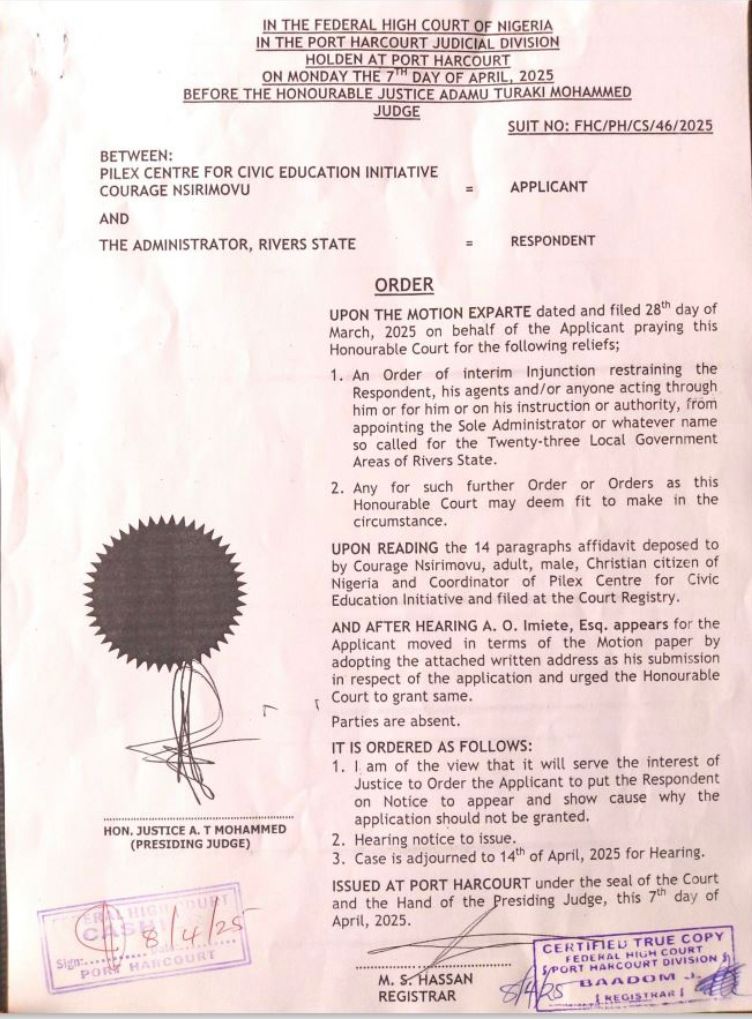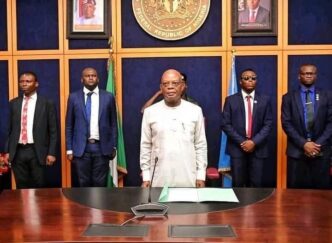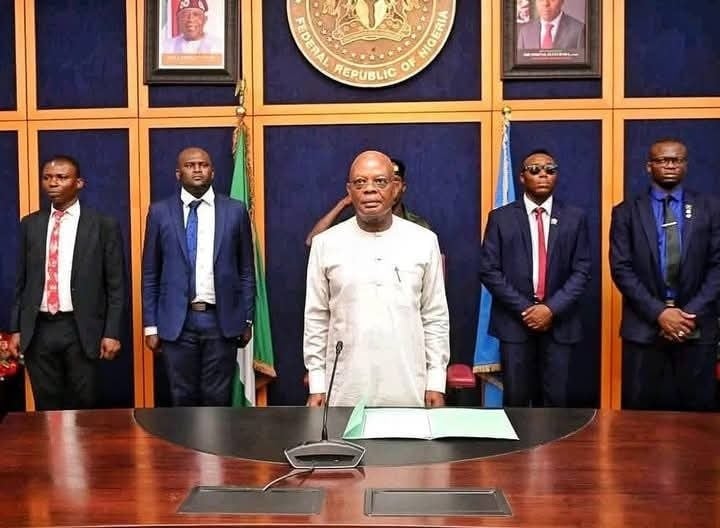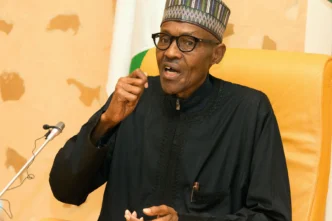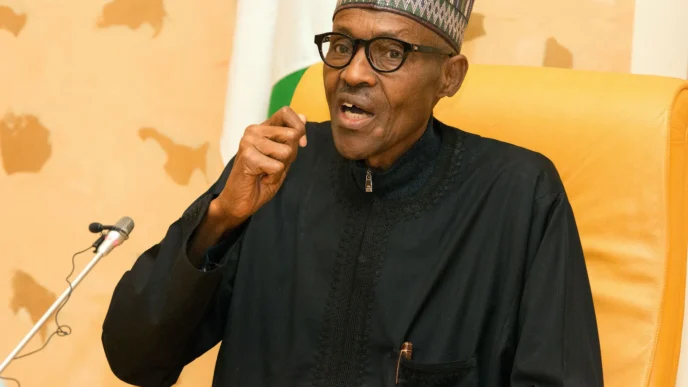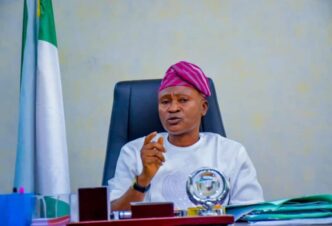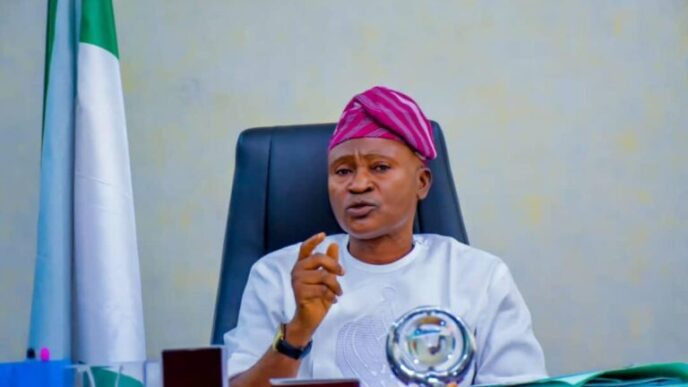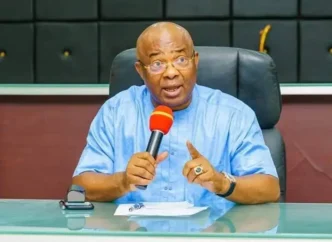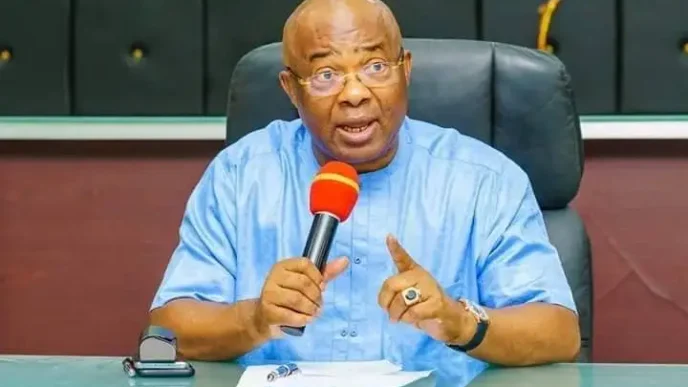The Federal High Court in Port Harcourt has taken a decisive step to ensure transparency in Rivers State’s local governance.
On Monday, April 7, 2025, Honourable Justice Adamu Turaki Mohammed directed the state’s administrator to appear before the court.
He must explain why an interim injunction should not be granted to stop the appointment of Sole Administrators across the 23 Local Government Areas.
This court order came after an ex-parte motion was filed by the Pilex Centre for Civic Education Initiative and its Coordinator, Courage Nsirimovu.
The group is seeking legal intervention to prevent the controversial appointments.
According to them, the decision could damage democratic governance in the state and weaken local accountability.
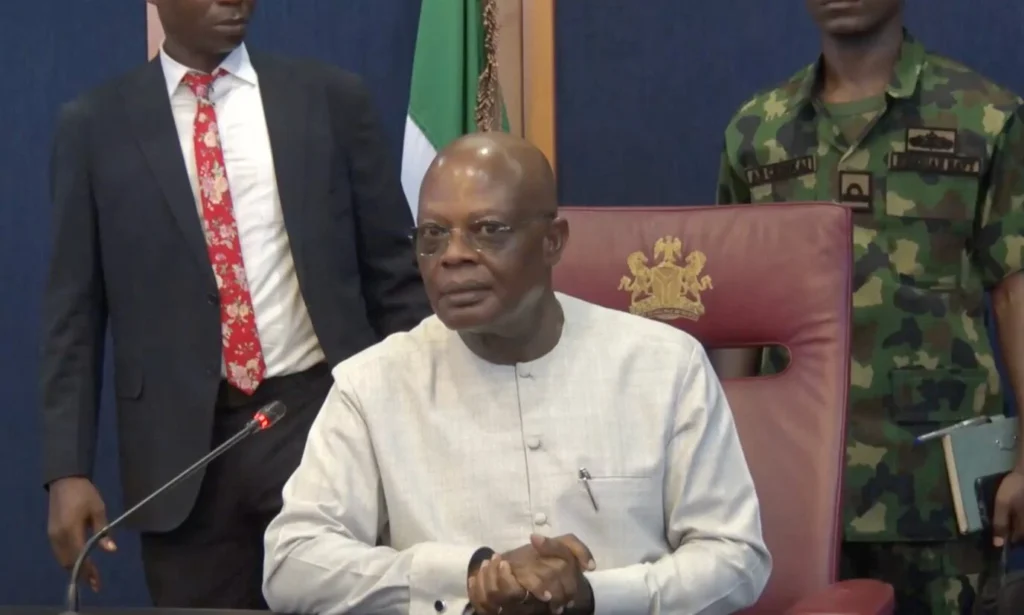
Justice Mohammed, while giving his ruling, made it clear that due process must be followed.
He ordered that the respondent be served notice and be made to “show cause” why the interim injunction should not be granted.
The judge also stressed the importance of fairness in decisions that directly affect citizens.
Moreover, a hearing notice has been issued, and the case has been adjourned to April 14, 2025, for further proceedings.
Legal counsel to the applicants, A. O. Imiete, formally adopted a written address in support of the motion.
He urged the court to grant the reliefs requested in the application.
Meanwhile, the respondent was not present during the hearing, raising further questions about the process and communication surrounding the proposed appointments.
The legal move is not only a bid to stop the immediate appointments but also a broader push for accountability and compliance with Nigeria’s democratic laws.
“The respondent must be put on notice and ordered to show cause,”Justice Mohammed had firmly stated.
The suit, marked FHC/PH/CS/46/2025, is unfolding at a time when Rivers State is already experiencing political unrest.
The decision to install Sole Administrators without elected local government officials has faced harsh criticism.
Furthermore, this case may establish a precedent on how local governments are run in Nigeria, particularly concerning constitutional expectations.
Therefore, this legal process is seen as a proactive effort to guide the state back to democratic values.
See post below;
